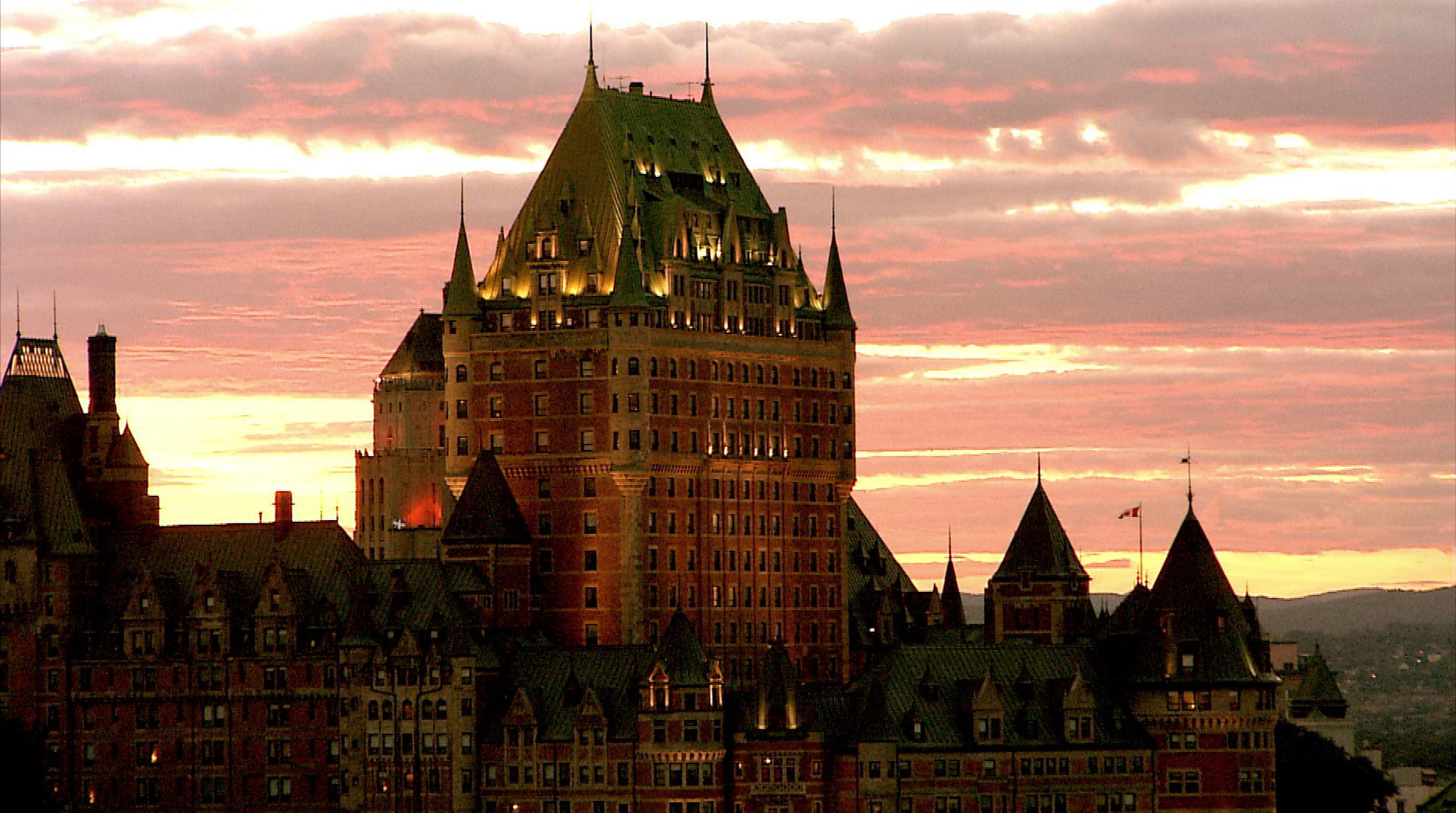Morning bells are ringing in Quebec, and all the brothers are suddenly awake. It runs out the 2016 census has revealed a significant upswing in Anglophones in the province. The PQ is calling for new, more restrictive language laws, and banning all immigrants who do not speak French.
But here’s the interesting thing: the rise in English speakers is not happening in Montreal, where the immigrants, and the migrants from the rest of Canada, generally come. It is appearing in rural Quebec—and even while the overall population in rural Quebec is declining.
This can really only mean one thing. The same people who identified themselves as Francophone a census ago are now declaring themselves Anglophone. They no longer identify themselves as primarily French-speakers.
This is no doubt a threat to the continues existence of the French-Canadian culture: but new language laws and restrictions on immigration are not likely to fix it.
Indeed, it is a fairly inevitable consequence of globalization. It is often said that, until the 1960s, French Quebec existed in a cocoon, separate from the rest of the modern world. It is perhaps only now that that cocoon is really splitting open. Year by year, it becomes a greater sacrifice to try to live your life entirely in French. There is a world culture now, and its common language is English.
I have seen it myself in my years as an English teacher. When I started, the experiences and thinking of a young Chinese or young Korean were very different from those of a young Canadian. Meeting them as a foreigner, I sometimes felt like a zoo animal on display.
That is all gone now. With chatting, the internet, and so forth, everyone below a certain age hears and sees and knows about all the same things. In any city, there are similar malls selling all the same brand names in the same chain stores. When I was in grad school, in Syracuse, within a hundred miles of the Canadian border, there was absolutely no news available from Canada. No one had any idea what was going on up there. “Was the national anthem still ‘The Maple Leaf Forever?’” someone asked me, trying to show interest. But now, Americans often follow Canadian and British politics rather as though it was the next state over. Canadian commentators like Mark Steyn, Gavin McInnes, Lauren Southern, Jordan Peterson, and so forth become big in the States. While still being identified as Canadian.
I suspect we are beginning to see the end of the truly distinct Quebec culture. For better or for worse—and I feel more than a twinge of regret.













No comments:
Post a Comment